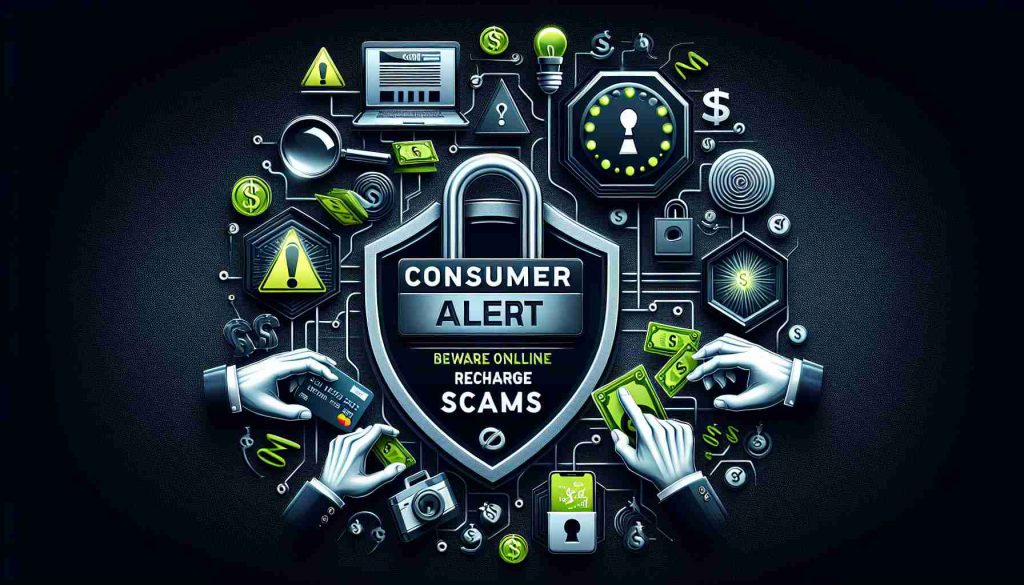Consumer Alert: Beware of Online Recharge Scams

A mobile user in Shenzhen recently fell victim to a deceptive online recharge offer, losing money without receiving the promised phone credit.
In a cautionary tale, the individual, referred to as Mr. Li, encountered a pop-up ad on his phone offering a “top-up $100, get $100 free” deal. Eager to take advantage of the promotion, he paid 99.79 yuan through Alipay to a company named Haikou Bai Bing Technology Co., Ltd.
Disappointed when the phone credit did not materialize, Mr. Li attempted to contact the company for a refund but found all avenues of communication blocked.
Frustrated by the lack of response and unable to locate a valid phone number for Haikou Bai Bing Technology Co., Ltd., Mr. Li turned to local authorities for assistance. However, efforts to mediate the dispute were hampered by the company’s apparent untraceability.
Concerned citizens like Mr. Li are urging regulatory bodies to tighten supervision over online platforms to safeguard consumer rights and prevent fraudulent practices.
As online scams continue to evolve and adapt, vigilance remains essential to protect oneself from falling prey to similar deception. Consumers are advised to exercise caution when encountering enticing online offers that seem too good to be true.
Watch Out for These Online Recharge Scam Red Flags
Online recharge scams are becoming increasingly sophisticated, making it crucial for consumers to stay alert and informed about potential dangers. While Mr. Li’s unfortunate experience sheds light on one aspect of these scams, there are other important considerations to keep in mind when navigating the digital landscape.
What are the key signs to look out for when assessing the legitimacy of an online recharge offer?
When evaluating an online recharge offer, it is essential to scrutinize the deal for any unrealistic promises or overly generous incentives. Consumers should be wary of deals that seem too good to be true, such as offers that promise an equal or greater amount of credit for a minimal initial payment. Additionally, legitimate companies typically provide clear contact information and customer support channels, so the absence of these details should raise a red flag.
What are the challenges associated with tracking down fraudulent online recharge operators?
One of the primary challenges in combating online recharge scams is the difficulty of tracing and holding accountable the perpetrators behind these fraudulent schemes. Scammers often operate under fictitious names or obscure corporate entities, making it challenging for authorities to identify and pursue legal action against them. This lack of accountability can leave affected consumers feeling powerless and frustrated.
Advantages and Disadvantages of Online Recharge Services
Online recharge services offer convenience and accessibility for consumers who prefer to top up their accounts from the comfort of their homes or on the go. With just a few clicks, users can easily add credit to their mobile phones or other devices without the need to visit physical stores. However, the downside lies in the inherent risks of dealing with unfamiliar online platforms that may not have robust security measures in place to protect against scams and fraud.
While vigilance is crucial in safeguarding against online recharge scams, consumers can also benefit from staying informed and educated about emerging threats in the digital realm. By arming themselves with knowledge and being cautious in their online transactions, individuals can reduce the likelihood of falling victim to deceptive practices.
For more information on consumer protection and fraud prevention, visit FTC Consumer Information to access valuable resources and tips to stay safe in the digital marketplace.